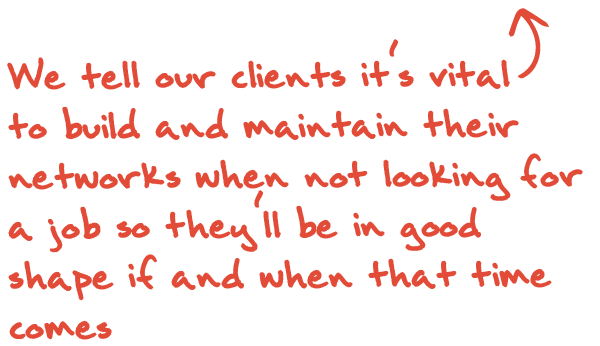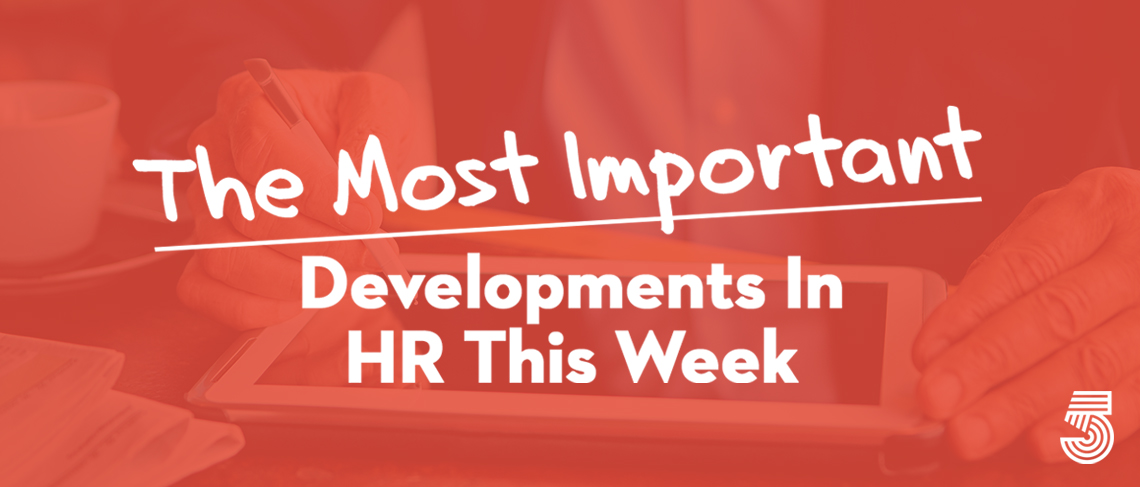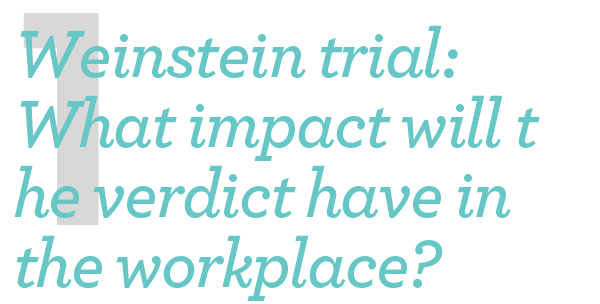
Disgraced former movie mogul Harvey Weinstein was found guilty Monday of criminal sexual act and rape in the third degree. The criminal trial is the culmination of dozens of accusations of wrongdoing at Weinstein’s company. It shone a klieg light on a workplace culture rife with allegations of sexual harassment and predatory behavior. “[Employers] are shifting the focus of training away from being solely based on legal standards to one where professionalism and organizational values are the benchmarks for behavior,” said Elizabeth Bille, J.D., SHRM-SCP, senior vice president of workplace culture at EverFi, a Washington, D.C.-based organization that offers training on harassment and discrimination prevention. With so many changes already taking place, what impact — if any — will the trial’s outcome have on U.S. employers and workplace culture? Bille thinks a guilty verdict will reinforce the scrutiny of boards of directors, which are urging organizations to take harassment seriously, hold everyone accountable, and impose meaningful consequences. She cited the 2018 CEO Success study by PwC’s consulting business Strategy& that found — for the first time in the 19 years it has conducted its annual study — more CEOs were dismissed for ethical lapses, including sexual indiscretions, than for financial performance or issues with their boards. This is a response to boards of directors reacting to the public’s demand that executives answer for ethical lapses, the report noted. SHRM

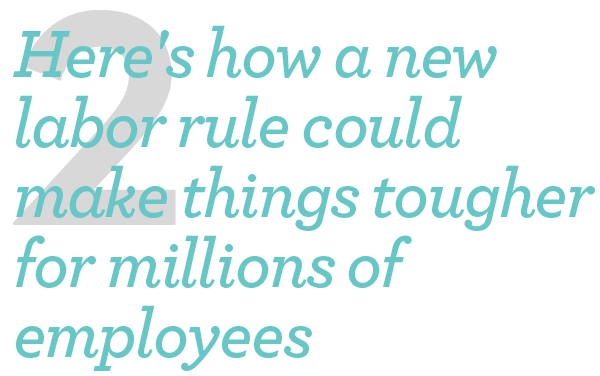
A new rule from the National Labor Relations Board could limit the responsibility of franchise operators, such as McDonald’s, for the millions of employees who work for their franchisees. The rule involves what is known as joint-employer status for that group of employees. The final rule issued Tuesday by the three Republican members of the NLRB substantially narrows the instances where an employee could be found to have two employers rather than just one. There are currently no Democratic members of the labor board. Employer groups hailed the new rule as a common sense solution to what they said was unclear rules that could leave franchisors on the hook in cases involving employees they don’t supervise or directly control. The previous rules put in place under the Obama administration did nothing but encourage baseless lawsuits, the groups said. “It has led to a doubling of litigation against franchise brands,” said Mike Layman, the vice president of government affairs for the International Franchise Association. “Both the franchisor and franchisee are part of a very healthy ecosystem in today’s economy. They can both breathe a little easier knowing that they won’t be held responsible for the actions of a business partner.” CNN

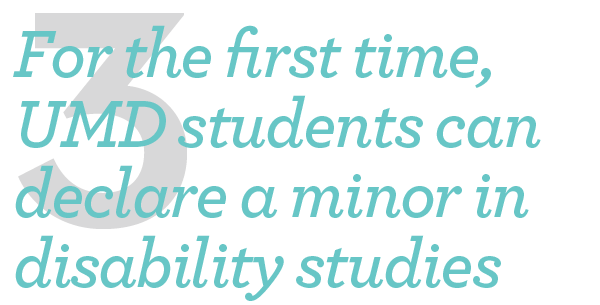
In her EDSP220: Disability in Community class, Carolyn Fink takes a unique approach to the traditional lecture. She sends her students on a mission — what she calls an “accessibility scavenger hunt” — to search the campus for places that students with disabilities might find difficult to navigate. Gradually, her students start to question their surroundings, she said. They notice how far away disability seating is from the front of a lecture hall. They wonder why sign language interpreters aren’t at concerts. Raising awareness about issues that people with disabilities face is a key component of the university’s new disabilities studies minor, which features Fink’s class. The minor is being offered for the first time this semester, marking the end of a years-long approval process and what many say is the start of a more inclusive approach to education. With the help of other professors in the education school, Peter Leone, the minor’s director, set out to create a 15-credit minor that takes a holistic approach to the study of disability. Instead of focusing on teaching and rehabilitation, the minor analyzes the concept of disability over time, and how culture, education, and technology have shaped society’s understanding of the topic. Out of the 24 students currently enrolled in the major, half are hearing and speech sciences majors, Fink said. The other 12 represent a variety of disciplines, including psychology, computer science, and astronomy. Gathering students with an array of academic backgrounds was central to the minor’s success, Leone said. He hopes students will take their knowledge of disability issues and apply it to their own fields. DBK News
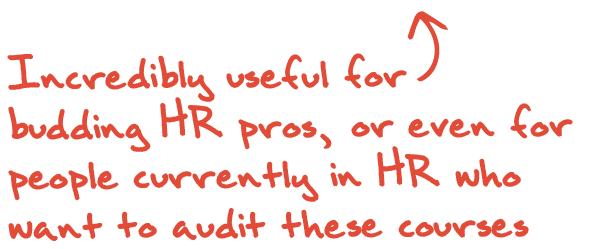
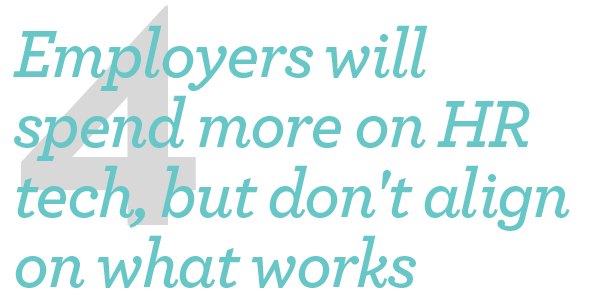
While nearly three-quarters of employers plan to increase their spending on HR technology during 2020, corporate leaders and managers differ on where workforce tools offer the most value. PwC said 74 percent of the organizations involved in this year’s HR Technology Survey will spend more on HR tech this year. The survey said most will consider “any number of vendors” to address issues, and the rise of industry startups is making that easier to do. When it comes to priorities, 49 percent of companies intend to make new investments in talent acquisition, while 48 percent will spend more on user experience and 46 percent on skills mapping and career path tools. Roughly speaking, that aligns with what employers regard as their most vexing problems. More than half — 58 percent — said that finding, attracting and retaining talent was their primary concern. Forty-three percent said theirs was developing talent, while 42 percent cited the need to improve the employee experience. Just how effective technology is depends on where people sit. Managers who have to use tools that require a partnership with the business are two times less likely than C-level executives to believe technology effectively impacts business outcomes. That suggests corporate leaders are paying more attention to implementation schedules and budgets than they are effective transformation, PwC said. HCM Technology Report
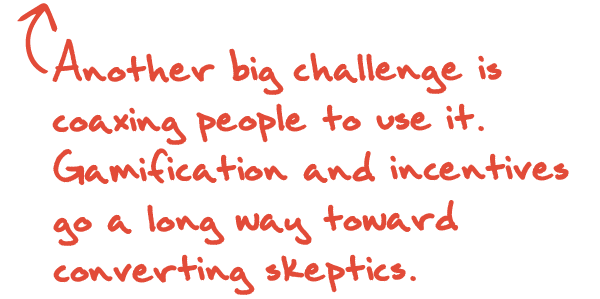
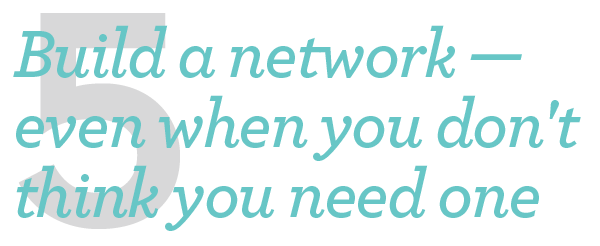
There are plenty of reasons professionals don’t network enough. We’re all busy. Some have stressful family obligations. Others are introverts who don’t take to the process naturally. Of course, you can find time-efficient ways to connect with others and learn new techniques that will make you more comfortable — if there’s sufficient will to change. Many of the professionals who have the hardest time building a network are those who view themselves as “lone wolves” who have succeeded on their own merits and don’t rely on others. Intellectually, they recognize the benefits of networking, and know they should do it. But they’ve achieved their current status on the strength of solo (or near solo) efforts, and adjusting their mindset and behaviors can be challenging. In addition to qualms about the process of networking, many lone wolves — whether they’d admit this openly or not — have concerns about the people involved. They may have attended “networking events” in the past filled with low-level aspirants eager to swap business cards, and assume that’s the “kind of person” who networks (while failing to recognize that cattle call, cocktail party mixers are only one variety of networking — and an ineffective one, at that). Lone wolves know that networking is supposed to be useful in general, but are often unclear on how it could help them, since they’ve been successful heretofore without exerting any effort in that area. But at a certain point, this lack of attention begins to hinder their professional progress. HBR
